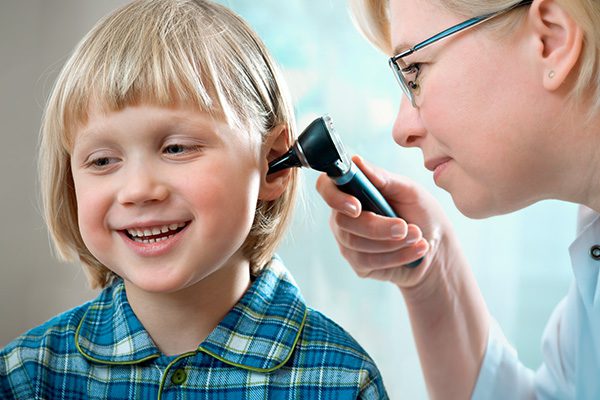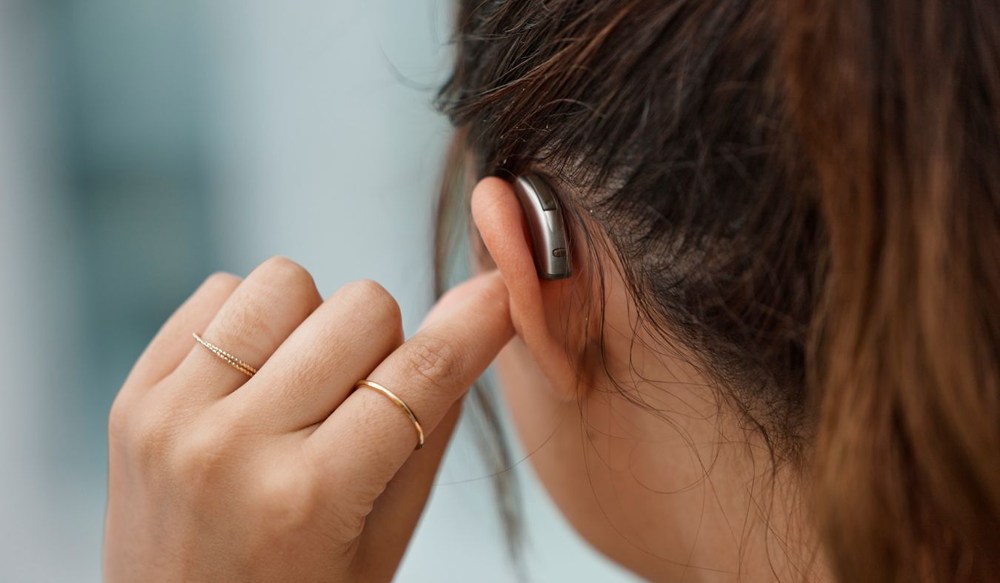How Hearing and Sleep Are Connected
Hearing and sleep influence each other more than most people realize. When


Hearing and sleep influence each other more than most people realize. When

Keeping your hearing aids clean and well maintained is essential for

Many people are surprised to learn that allergies can affect hearing.